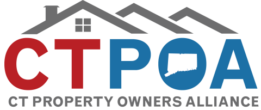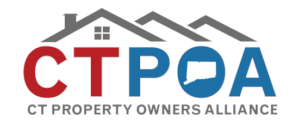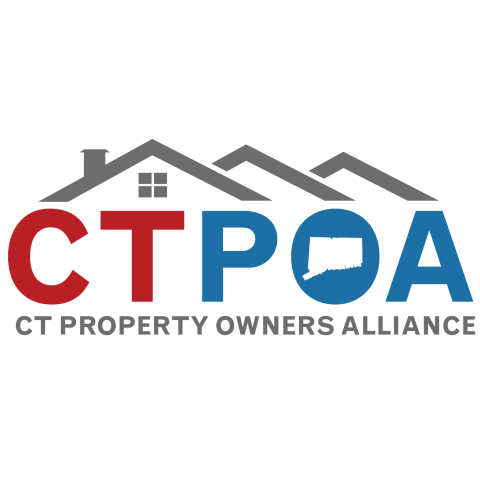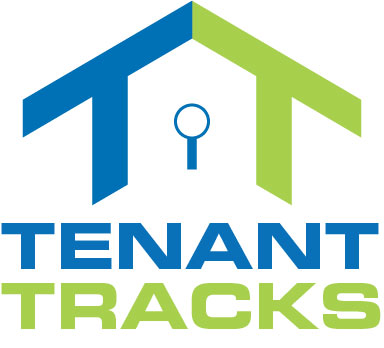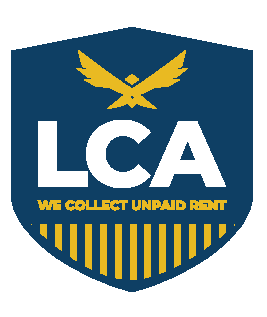Being a landlord in Connecticut comes with a set of responsibilities that are essential for maintaining a harmonious landlord-tenant relationship and ensuring compliance with state laws. Being a landlord does not make you an investor, it makes you a small business owner as rental property is not passive income but requires a great deal of attention. Understanding your responsibilities is crucial for property owners to protect their investments and avoid legal pitfalls.
Providing Safe and Habitable Living Conditions
One of the most fundamental responsibilities of a Connecticut landlord is to provide safe and habitable living conditions for tenants. This includes:
- Maintenance and Repairs: Landlords are obligated to maintain the property in good condition, making necessary repairs promptly. This encompasses issues such as plumbing, electrical, heating, and cooling systems, as well as structural problems. There are also time deadlines for some repairs such as “no heat” and failure to act quickly could force the city to relocate your tenants at your expense.
- Health and Safety: Ensuring the property complies with all health and safety codes is paramount. This includes providing adequate ventilation, pest control, utilities and garbage disposal.
- Lead-Based Paint Disclosure: If the property was built before 1978, landlords must disclose the presence of lead-based paint and provide tenants with information on lead poisoning prevention. If you have a lead paint management plan, this needs to be provided to any new occupant
Property Management and Compliance
Effective property management is essential for landlords in Connecticut. Key responsibilities include:
- Tenant Screening: Conducting thorough tenant screenings through TenantTracks to minimize the risk of problematic tenants is crucial. This involves checking rental history, credit reports, and eviction and criminal records.
- Lease Agreements: Creating clear and comprehensive lease agreements that outline the rights and responsibilities of both landlords and tenants is essential.
- Rent Collection: Establishing a reliable system for rent collection and enforcing late payment penalties is important for maintaining financial stability.
- Security Deposits: Handling security deposits according to state law, including providing itemized deductions for damages, is vital. IN CT you must disclose the bank and location where you are holding the tenant security deposit.
- Insurance: Maintaining adequate landlord insurance coverage to protect against property damage, liability, and loss of rental income is essential.
- Compliance with Laws: Staying informed about and complying with all relevant landlord-tenant laws, including those related to fair housing, discrimination, and eviction procedures, is crucial. WE suggest you become a member of the CT Property Owners Alliance to keep up with these developments https://ctpoa.com/
Tenant Interactions and Communication
Building positive relationships with tenants is essential for successful landlord-tenant interactions. Key responsibilities include:
- Effective Communication: Maintaining open and respectful communication with tenants, promptly addressing concerns, and responding to maintenance requests in a timely manner is crucial.
- Entry and Notice: Providing proper notice before entering rental units, except in emergencies, is required by law. Landlords are not allowed to enter a tenant’s apartment if the tenant refuses entry, to remedy this situation, the landlord needs to get a court order to gain entry
- Privacy: Respecting tenants’ privacy and avoiding unreasonable intrusions is essential.
- Discrimination Prevention: Fair housing laws prohibit discrimination based on race, color, religion, sex, national origin, disability, or familial status. Landlords must adhere to these laws.
Financial Responsibilities
Landlord responsibilities also extend to financial matters, including:
- Property Taxes: Paying property taxes on time to avoid penalties and liens.
- Income Tax: Reporting rental income and expenses on income tax returns.
- Recordkeeping: Maintaining accurate financial records, including rental income, expenses, and property depreciation.
- Insurance: Paying for landlord insurance premiums.
Navigating Legal Challenges
Landlords may encounter legal challenges, such as tenant disputes, evictions, or property damage. It is important to:
- Understand Legal Rights: Familiarizing yourself with landlord-tenant laws and procedures is essential.
- Seek Legal Advice: Consulting with an attorney when facing complex legal issues can provide valuable guidance.
- Document Everything: Maintaining detailed records of all interactions with tenants, including lease agreements, rent payments, maintenance requests, and correspondence, is crucial.
The Importance of Professional Organizations
To effectively navigate the complexities of landlord responsibilities in Connecticut, joining a professional organization like the Connecticut Property Owners Association (CTPOA) can be invaluable. CTPOA offers members:
- Advocacy: Representing the interests of landlords before government agencies and the legislature.
- Education: Providing resources and training on landlord-tenant laws, property management best practices, and industry trends.
- Networking: Connecting with other landlords for support and information sharing.
By becoming a CTPOA member, landlords can gain access to the support and resources needed to succeed in the ever-changing landscape of property ownership.
In conclusion, understanding and fulfilling landlord responsibilities in Connecticut is essential for maintaining a successful rental property business. By prioritizing tenant satisfaction, property maintenance, legal compliance, and financial management, landlords can create a positive and profitable rental experience. Joining a professional organization like the CTPOA can provide invaluable support and resources along the way.
To learn more about the benefits of membership and how CTPOA can support your landlord endeavors, visit ctpoa.com.
Disclaimer: This information is intended as general guidance and does not constitute legal advice. It is essential to consult with legal professionals for advice specific to your situation.
